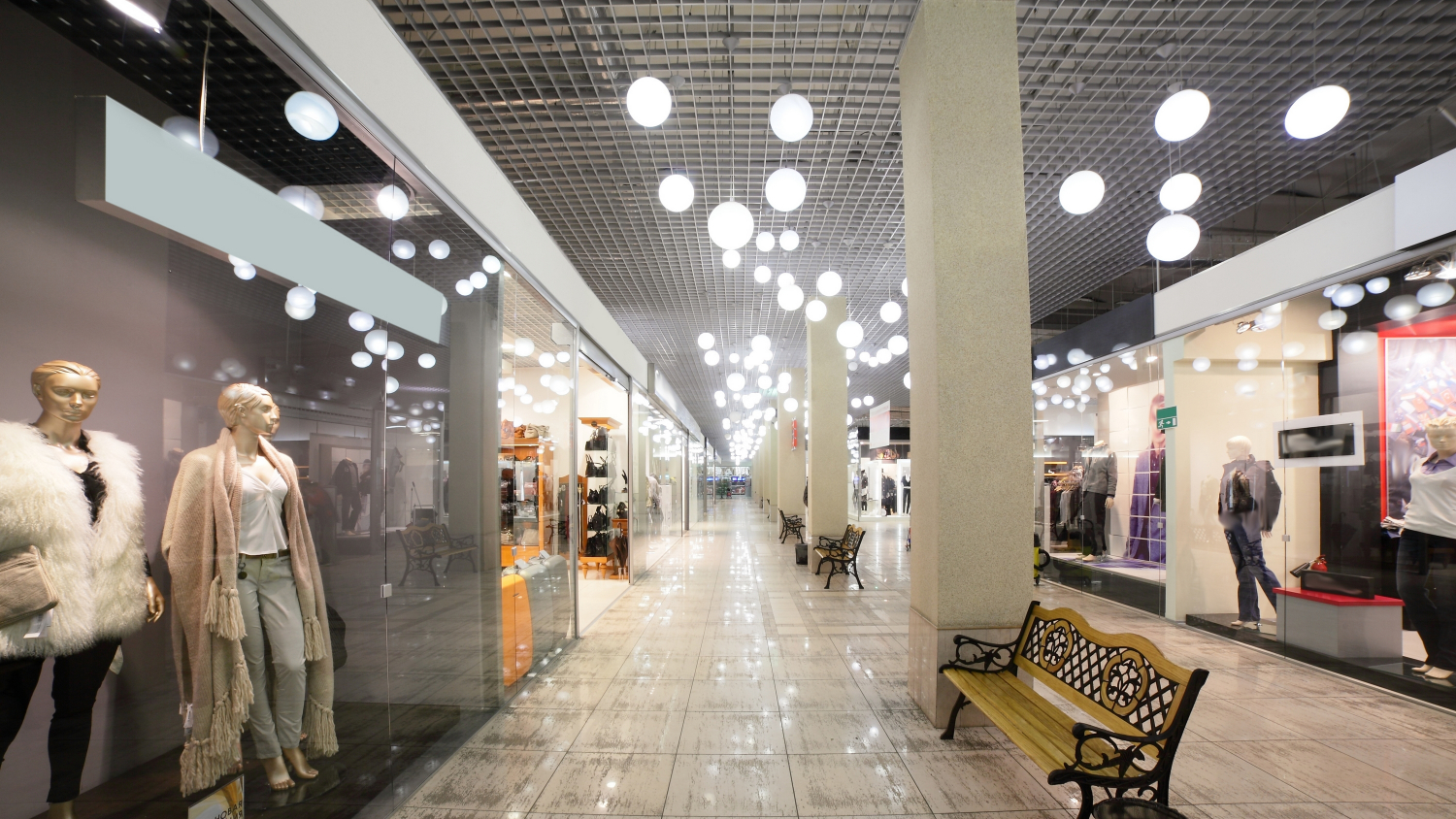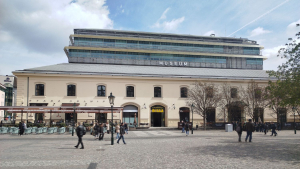
The pandemic has spared no business, with its consequences most strongly felt by the retail sector, including tenants in shopping centres, retail parks and high streets. Global real estate services firm Cushman & Wakefield examines the situation of retail tenants in its latest report “Is Confidence Returning to the Retail Market?”.
The survey for the firm’s report included 40 retail tenants over the past 12 months who represented all retail market sectors, predominantly fashion (20%), homeware (15%) and services (10%). During successive lockdowns close to 70% of the surveyed tenants were subject to a blanket ban on trading which had severe consequences for their financial standing. 24% were covered by a partial ban, and the remaining 8% were not limited in their operations due to the pandemic at all. This required both renegotiation of existing leases to agree rent discounts and continuous flexibility from both parties. Close to 74% of tenants secured additional rent discounts outside the Anti-Crisis Shield, indicating that landlords exhibited a strong understanding of their situation. As regards government support for tenants, 60% of them did not take advantage of such aid while the remaining 40% received subsidies to employee salaries or loans from the Polish Development Fund (PFR). The survey has revealed that most companies were hard hit by the Covid-19 pandemic. The key consequences of lockdowns included lower turnover levels, staff laid off, downsized store portfolios and difficulties caused by supply chain disruptions. Another often overlooked problem of tenants was the significant growth in costs, which affected close to 54% of the respondents to the survey. Retailers had to purchase additional cleaning and sanitisation products and personal protection items, while 21% saw their costs rise due to higher prices commanded by suppliers of goods.
The report also presents store closures by market sector. A vast majority of stores closed (81%) were in shopping centres, 13% were in high streets, and only 6% of tenants who were forced to downsize their store portfolios permanently closed retail units in office buildings. These radical decisions were driven by such factors as unprofitability and insufficient turnover (for close to 68% of companies). Some store closures, however, had been pre-planned as part of retailers’ restructuring before Covid-19.
The pandemic and the shutdown of retail stores pushed Poland’s online retail penetration rate to a record high of over 11% in April 2020. The retail tenants included in the survey are firmly committed to bricks and mortar, but 51% of retailers have also decided to build or strengthen their online presence. Companies appreciate the value of e-commerce and have all reported a considerable rise in online sales during the pandemic. This marks a milestone in the diversification of retail sales channels as a safeguard against various disruptions in the future. However, 70% of tenants say that their own e-commerce networks need to grow and that they will work on it in the nearest future; 18% are happy with their online channels while the remaining 12% are not planning to go online at all. Many have decided to combine offline and online channels.
“More than half of brick-and-mortar stores of e-retailers accept returns of items bought online. This is how store operators facilitate returns so that their customers do not need to re-pack and send back items by courier. At the same time, they benefit from customers visiting their physical stores who while in store may decide to have an item exchanged for a different one or to purchase some other products,” says Anna Oberc-Krzycka, Associate, Retail Agency Poland, Cushman & Wakefield.
Tenants continue to look for new possibilities of combining traditional retail with e-retailing, the latter boosting their bottom line by the month. The survey has revealed that 64% of e-stores are operated by the same businesses that run physical stores, which is leading to the aggregation of revenue from both channels by the same retailer. Most retailers already have an online store, but still see room for improvement to customer service and offer quality, delivery times and additional online services.
“The pandemic is testing brick-and-mortar retail, but is also providing it with new growth tools. E-commerce is definitely the way forward for retail, but customers’ attachment to physical shopping will be of colossal importance. The psychological aspect of it has a strong impact on customers and brick-and-mortar retailing will continue to do well for many years to come given their need to feel and touch items before purchase or simply their desire for an enjoyable shopping experience outside their homes,” concludes Beata Kokeli, Partner, Head of Retail Agency Poland, Cushman & Wakefield.



